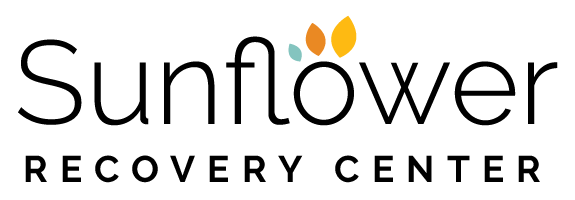Addiction symptoms are often hard to identify — especially when the person using is in denial or actively trying to cover their tracks. Everyone has a different point at which drug or alcohol use becomes a problem, but these are a few signs that could signal a real issue.
What is Addiction?
Addiction is a commonly used term for what doctors call “alcohol use disorder” or “substance use disorder.” The medical terminology points to the fact that it’s not the quantity of drugs or alcohol being used, but the nature of the use itself that’s a problem. For example, if your loved one uses drugs or alcohol in the hopes of making themselves feel a different way emotionally, that’s often a sign of disordered use. Or, if they find themselves compelled to drink or use even when they know it’s likely to lead to negative side effects, that can also be a sign of problem drinking or drug abuse.
Of course, another hallmark of addiction is denial. For that reason, it can be hard for outsiders to get a true grasp on how much, how often, and how a loved one is using or drinking. If you find yourself questioning a loved one’s behavior, these are some signs of addiction to look out for.
Signs of Addiction: Behavioral
Frequently, the first red flag of substance abuse is a behavioral sign of addiction. Depending on what your loved one is abusing, the resulting behavior could fall anywhere along a wide spectrum: from depressed alcohol users to manic cocaine users. It’s safe to say that a drastic change in behavior of any kind is cause for concern.
Signs of Addiction: Physical
Drug or alcohol abuse can also cause drastic physical changes of many kinds. Some of these, like enlarged pupils or sweating, are temporary. Others, like sores or weight gain, last longer. Much like behavioral signs of addiction, any major physical changes could be a sign of drug or alcohol abuse.
Signs of Addiction: Financial
Abusing drugs and alcohol also takes a toll on a person’s finances. A shrinking bank account could be a sign of increased spending on substances. If you can’t see a loved one’s bank balance, of course, requests to borrow money, stolen money, or selling personal items for cash could all be signs of the need to raise funds to support a habit.
Signs of Addiction: Environmental
As much as people abusing drugs and alcohol try to cover their tracks, their environment often gives them up. If you find full or empty beer or wine bottles in strange places (or even out in the open), that obviously can be a sign of a drinking problem. Seemingly innocuous items like spoons, straws, baggies, and rolled up dollar bills can all be signs of drug abuse. If you find something odd in your home, it can help to Google it and see if it has a drug- or alcohol-related use.
Getting Help for Addiction
Overall, if you have concerns that a loved one is abusing drugs or alcohol, you also can call our team for a no-pressure conversation about the signs you’re seeing. They’ll help you understand what’s really a red flag and — if appropriate — determine next steps for addiction treatment. It’s time to move from fear and self-doubt into a period of new hope and possibility for your loved one and your family.

